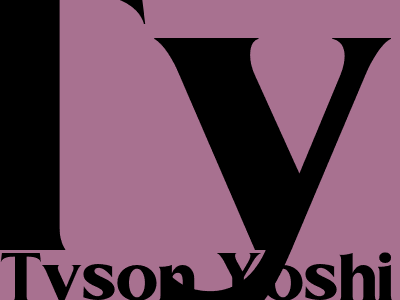SEO Best Practices for Google and Blogger: A Comprehensive Guide
Introduction
Understanding and implementing search engine optimization (SEO) best practices is crucial for websites seeking increased visibility and organic traffic. This guide will explore comprehensive SEO strategies specifically tailored for Google and Blogger platforms, ensuring your content ranks higher in search results.Optimizing Content for Search Engines
Creating high-quality, relevant content that aligns with users' search queries is the foundation of effective SEO. Use industry-specific keywords throughout your content, but avoid keyword stuffing. Ensure content is well-written, informative, and engaging.
Optimize title tags and meta descriptions to accurately reflect the content's topic and encourage click-throughs from search results pages (SERPs). Use clear and concise language, including primary keywords.
Header tags (H1-H6) structure your content, making it easier for search engines to understand its organization. Use H1 for the main heading and H2-H6 for subheadings, incorporating relevant keywords where appropriate.
Building High-Quality Backlinks
Acquiring backlinks from reputable websites signals to search engines that your content is valuable and trustworthy. Engage in guest posting, reach out to industry influencers, and create shareable content to encourage natural backlink building.
Avoid participating in link schemes or purchasing backlinks, as these practices can harm your website's reputation and search engine rankings.
Monitor your backlink profile using tools like Google Search Console and disavow any low-quality or spammy links to protect your website's credibility.
Optimizing for Mobile Devices
With the majority of internet traffic coming from mobile devices, optimizing your website for mobile is essential. Ensure your website loads quickly, is easy to navigate, and provides a seamless user experience on all devices.
Use responsive design to automatically adjust your website's layout based on screen size. Test your website on different mobile devices to identify and address any compatibility issues.
Implement accelerated mobile pages (AMP) to enhance the performance of your website on mobile devices, improving load times and overall user engagement.
Leveraging Social Media
While social media platforms do not directly impact search engine rankings, they play a significant role in brand building and content promotion. Share your content on social media to increase its reach and visibility.
Engage with your followers, respond to comments, and run social media campaigns to generate buzz and drive traffic to your website.
Use social media listening tools to monitor brand mentions and industry trends, allowing you to adapt your content strategy accordingly.
Technical SEO Considerations
Beyond content optimization and link building, technical SEO involves ensuring your website's infrastructure is search engine friendly. Create an XML sitemap to help search engines discover and index your content efficiently.
Implement structured data markup to provide search engines with additional information about your content, enhancing its visibility in SERPs.
Regularly audit your website for technical issues such as broken links, duplicate content, and slow page speed, addressing any problems promptly to maintain a healthy website.

Comments